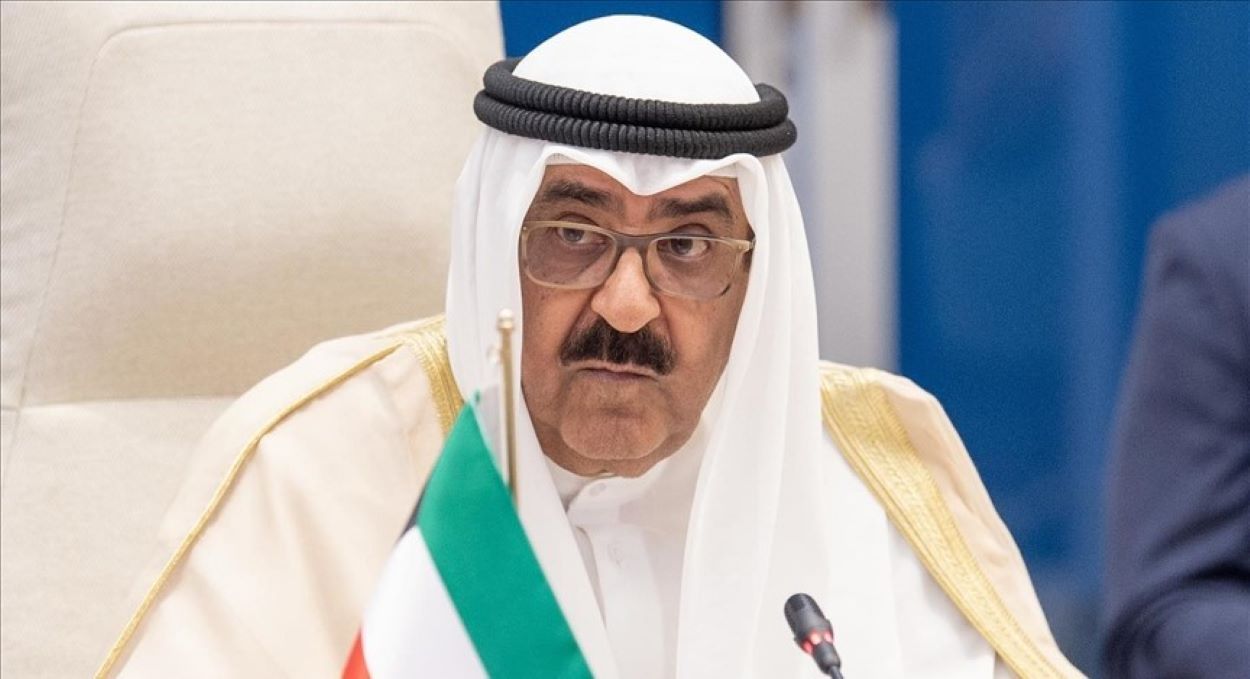Kuwait’s Emir dissolved the parliament and assumed certain governmental roles just six weeks after the nation’s elections, as reported by state media, in response to ongoing political crises in the oil-rich Gulf state.
The Kuwait News Agency (KUNA) announced that an emiri decree had been issued to dissolve the national assembly and suspend some constitutional articles for up to four years.
The Kuwait News Agency (KUNA) reported that Emir Sheikh Meshaal Al-Ahmad Al-Jaber Al-Sabah, along with the council of ministers, has traditionally assumed the national assembly’s legislative powers.
The Emir cited “interference” by some MPs in his powers and conditions set by others for forming a government as reasons for his decision.
In a state television broadcast, Sheikh Meshaal expressed that the political challenges faced were insurmountable. He criticized certain MPs for overstepping their bounds, particularly regarding his constitutional rights to appoint his crown prince.
The newly elected parliament, which convened its first session in early April, faced immediate challenges. Several MPs declined to join the government, complicating the formation process.
Kuwait’s constitution mandates that at least one deputy serves in the government. However, the prime minister-designate has failed to secure the participation of any lawmaker.
Sheikh Meshaal attributed the inability to form a government to some legislators’ unreasonable demands and conditions.
Badr al-Saif, a political analyst from Kuwait University, described the Emir’s actions as “historic” on X, formerly known as Twitter, noting similar occurrences only in 1976 and 1986.
Kuwait continues to experience frequent conflicts between elected officials and the government appointed by the Al-Sabah family, who have retained substantial control since 1962. These standoffs have hindered necessary economic reforms and contributed to persistent budget deficits and low foreign investment, exacerbating the nation’s economic challenges.






